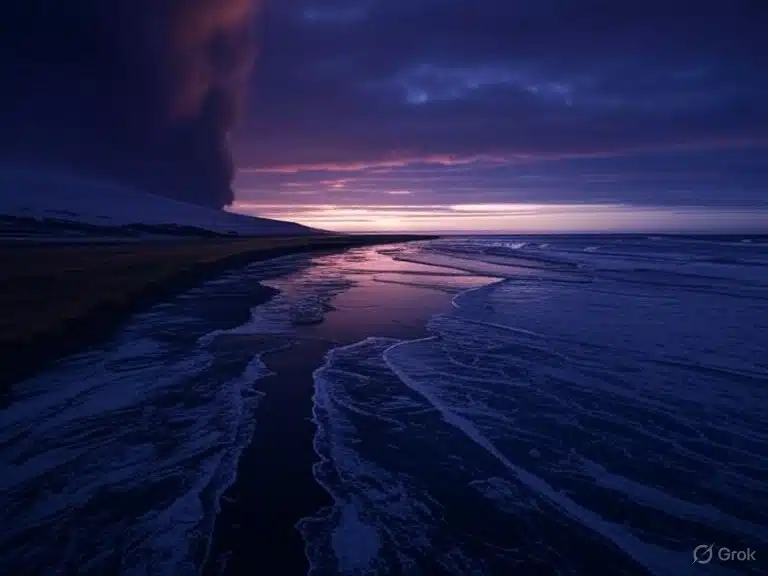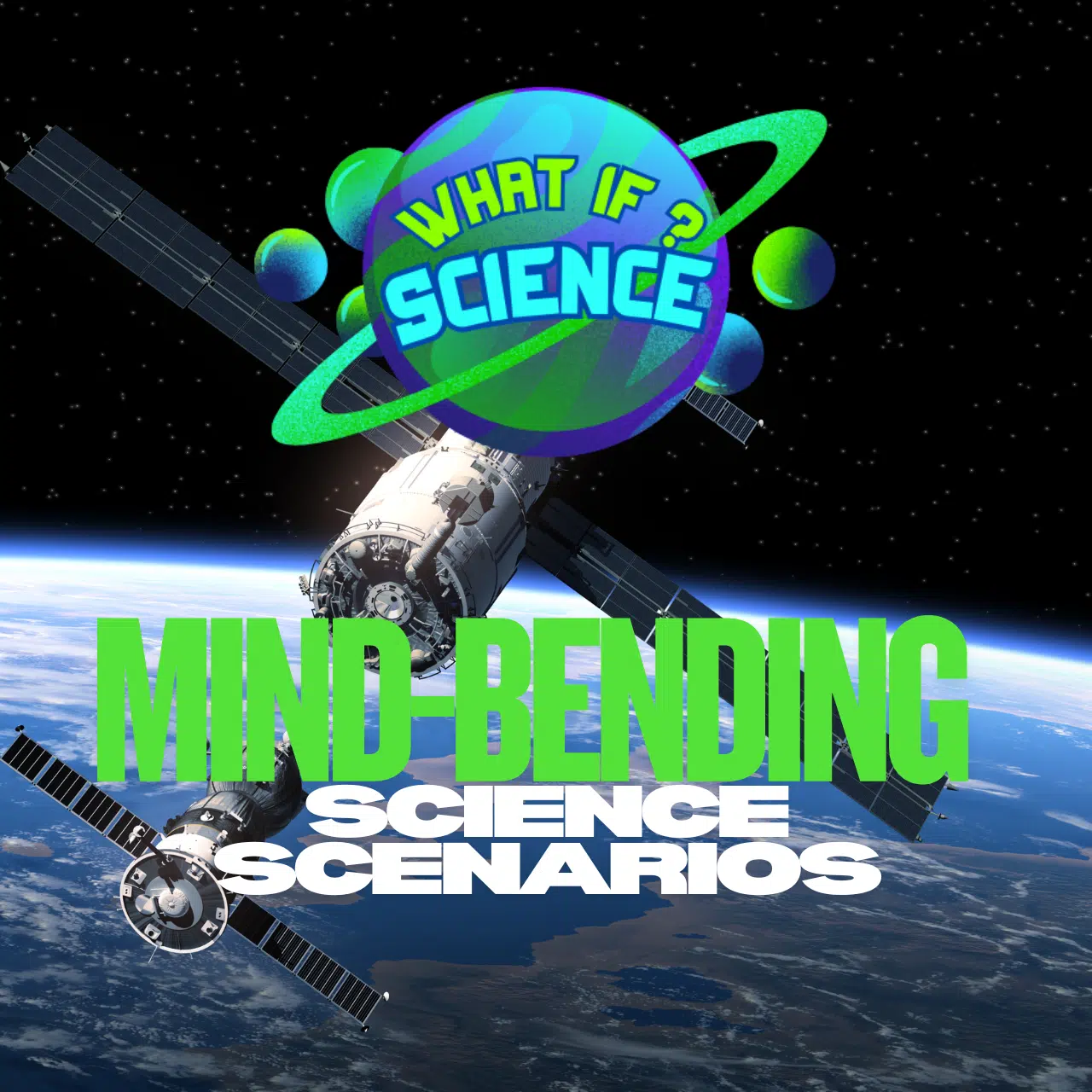Human civilization has always relied on the Sun. From driving weather systems to enabling photosynthesis, sunlight is the foundation of life on Earth. But imagine a scenario where a massive cloud of interstellar dust drifts into our solar system and permanently blocks most of the Sun’s rays for an entire decade. How would our planet react? Could humanity survive in such a twilight world? Let’s explore this chilling “what if” scenario.
The Arrival of the Dust Cloud
Astronomers are aware of interstellar dust clouds, vast regions of cosmic debris drifting between stars. If such a cloud intersected Earth’s orbit and reduced solar radiation dramatically, we would witness an immediate transformation. The once bright daytime sky would dim into a constant, eerie twilight. Even at noon, sunlight would resemble an overcast dawn.
This isn’t pure science fiction—scientists believe that interstellar dust clouds have likely influenced Earth’s climate in the past. The question is: what would happen if one blocked sunlight for ten years?
Climate Catastrophe Unleashed
The most immediate effect would be a rapid drop in global temperatures. Without sufficient solar heating, Earth would begin cooling at an alarming rate. Within a few years:
- Oceans would freeze near the poles and ice sheets would expand.
- Average global temperatures could plunge by more than 10°C.
- The Earth would enter a “mini ice age,” far more extreme than any historical cold period.
Unlike normal climate cycles, this event would not be gradual. Within just months, the agricultural cycle would collapse, leaving billions vulnerable to famine.

Collapse of Photosynthesis and the Food Chain
The most devastating consequence would be the collapse of photosynthesis. Plants depend on sunlight to produce food. With only a fraction of solar radiation reaching the surface:
- Crops would wither, leading to global agricultural failure.
- Forests would die, releasing stored carbon dioxide into the atmosphere.
- The base of the oceanic food chain—phytoplankton—would perish, triggering mass extinction among marine life.
Within a decade, ecosystems across land and sea would unravel. Humanity would be forced to rely on artificial farming techniques, underground greenhouses, and energy-intensive grow lights to survive.
Human Adaptation: Can Civilization Survive?
History shows that humans are remarkably adaptable. In this scenario, global governments would likely take emergency measures:
- Massive indoor farming projects powered by nuclear and geothermal energy.
- Development of synthetic food sources, including lab-grown proteins.
- Shifting populations toward equatorial regions where residual sunlight might still provide some natural heat.
- International cooperation (or conflict) over dwindling resources.
We could survive, but society would look unrecognizable. Cities might move underground to conserve warmth, while surface regions would resemble frozen wastelands.

Cosmic Consequences and Scientific Insights
Interestingly, such an event would give astronomers a unique opportunity to study interstellar dust up close. These clouds often contain the raw materials for star and planet formation. But the price of knowledge would be catastrophic—humanity would be locked in a desperate struggle for survival.
This scenario also raises important questions: How prepared are we for cosmic hazards? Unlike asteroid impacts, interstellar dust clouds cannot be deflected. The only defense would be advanced detection systems and early planning.
A Glimpse into Earth’s Possible Future
If interstellar dust blocked the Sun for a decade, Earth would become a frozen, twilight world where survival depended on technology, resilience, and global unity. While humanity might endure, life would never be the same. This chilling scenario reminds us of our fragile dependence on the Sun and the need to prepare for even the most unlikely cosmic threats.

